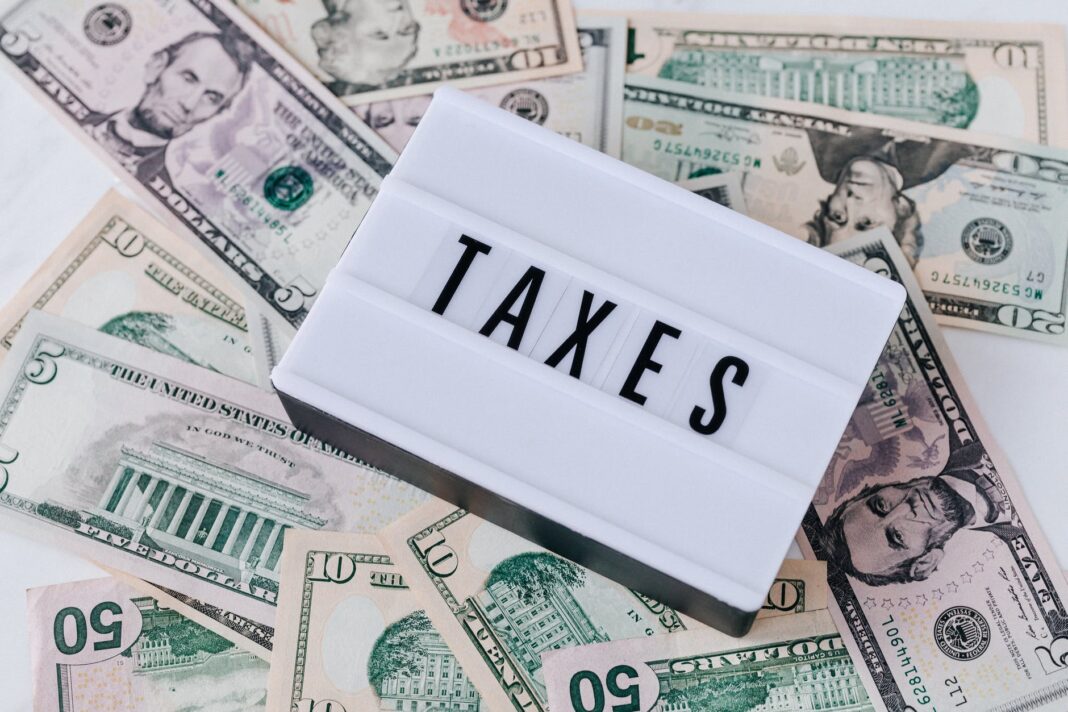Pop icon Prince died of a fentanyl overdose in 2016. Until early this year there’s been a royal battle going on between the IRS and the estate administrator over just how much the estate is worth. As you might expect, the IRS placed a high value on the estate while the administrator set a low figure. Early in 2022 the two sides finally agreed on $156.4 million which includes real property as well as intangibles like the rights to his music, his name and his likeness.
The royal mess exists because Prince had not one shred of an estate plan. Since there were no legal instructions, the estate has to pay estate taxes—a little more than $60 million to the federal government and almost $25 million to Prince’s home state of Minnesota; that’s $85 million that could have gone to heirs. To complicate matters, Prince’s half-brother died in 2019. The half-brother had a will that opened the door for new, unrelated parties to make claims against Prince’s estate.
Whether you have an estate the size of Prince’s or not, there are things to be learned from Prince’s mistakes.
Have a Will
A Will is the most basic estate planning tool. It includes your instructions about how you want your estate distributed and who gets what. If minor children are involved, the Will names the people who will care for the kids, both physically and financially. It names an executor, who is in charge of carrying out the instructions in the Will. It’s your legal way of letting everyone know what you want done after your gone. Without one, the court makes those decisions for you, a prospect not appealing to most people.
You can create a Will on your own, but if you make a mistake, it can be costly for your estate and your heirs. It’s advisable to have your Will drawn up by someone who knows the law where you live and makes sure the document is in compliance with all current rules and regulations.
Notify the Executor
Even though you name an executor in your Will, don’t let it be a surprise. Notify that person and then work with them so they know what they’re dealing with before you die. Show them where to find all the documents and records they’ll have to deal with. You may even want to create an asset inventory that lists account numbers, contact persons and their contact information.
If you name a qualified family member or a close friend as executor, that person may be willing to waive their right to be paid for serving as executor, leaving more money to go to the heirs. In Prince’s case, the biggest beneficiaries to his estate are the IRS and the state of Minnesota, which combined get approximately $85 million. Next in line are the administrators of the estate and the attorneys. That’s what happens when there’s no estate plan.
Find out if you need/want a Trust
Like a Will, a Trust gives specific instructions about what you want to happen to your estate after your gone. It’s much more extensive than a Will and also is more expensive to have created.
It used to be that Trusts were created to shelter assets from taxes. But with the federal estate tax exemption for 2022 at a little over $12 million, avoiding taxes is not the primary driver today. Many people create Trusts for privacy.
Even if Prince had a Will, all the details of his estate settlement would be public. Every Will has to go through probate court making the Will a public document. The details are there for anyone who wants to see them, whether out of curiosity, or for sales people who want to see how much money an heir received and if there’s an opportunity to sell that heir something.
A trust, on the other hand, is a private document. It doesn’t get filed with the court and your estate does not go through probate, meaning it is not open to public scrutiny. You name a trustee, which is the person who carries out the instructions in your trust. While you’re alive, you manage the trust and make the decisions, but you don’t own your property any longer. Everything is transferred to the trust and the trust owns it all, which takes a little getting used to for some folks.
Know what your stuff is worth
Part of the reason it took 6 years to value Prince’s estate is because there were things that were hard to put a value on. After the IRS and Comerica, the estate administrator, agreed on the value of Prince’s real property, it took a year-and-a-half for them to agree on just how much the intangible music catalog was worth.
One way to save your heirs from that sort of headache is to have appraisals done now, which will provide a baseline for valuing your assets after you’re gone, things like jewelry, artwork, illiquid assets such as restricted stock, investments in venture capital, real estate or the family business. It may take a little work now, but if your ultimate goal is passing along as much of your estate as possible to your heirs, then it’s worth the effort.
Keep it out of the courts
Once the IRS, the state of Minnesota, the estate administrator and the attorneys get paid, then the court will decide how to distribute what’s left of Prince’s estate. Is that what you want to happen to your estate? Most people would say, no. So, to make sure your wishes are carried out, specify in your Will or Trust specific bequests. Your heirs may not be happy about your decisions, but they will still be your decisions.
And it’s not just about who gets the house or the bank and investment accounts. It’s about sentimental items, too. List who gets the china, mom’s wedding ring, grandpa’s pocket watch, or that twenty dollar confederate bill one of your ancestors brought back from the Civil War.
Don’t put it off
Prince probably thought he had all the time in the world to do that estate planning thing. After all, estate planning is for old people, right? Well, you just never know. Yes, it makes you address your own mortality and for some, that’s very uncomfortable. I had a client who was a retired Marine Colonel who served in combat in World War II, Korea and Viet Nam. He’d seen death. He knew what it was. He knew it was inevitable. But he wouldn’t do anything about his estate planning because he didn’t want to admit that one day it would happen to him too. Finally, when he was 88 years old and being eaten away by cancer, he grudgingly agreed to do estate planning, just 4 months before he died.
The biggest enemy of your estate is a Round Tuit. It only wins if you let it.
This article is for information only and should not be considered as tax, legal or financial advice.



